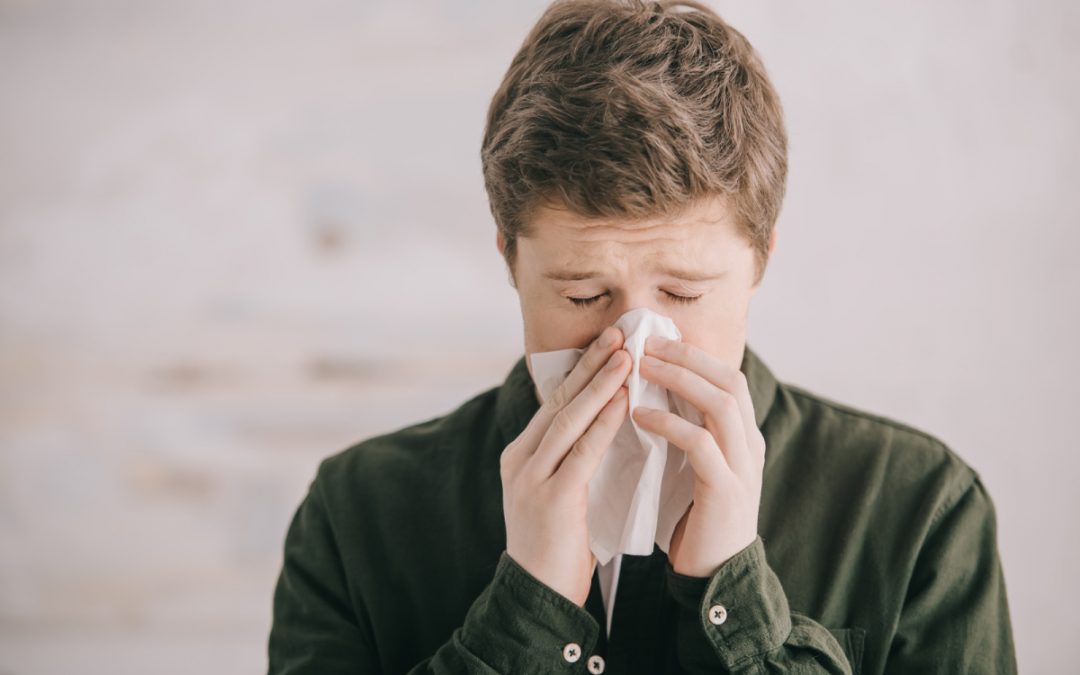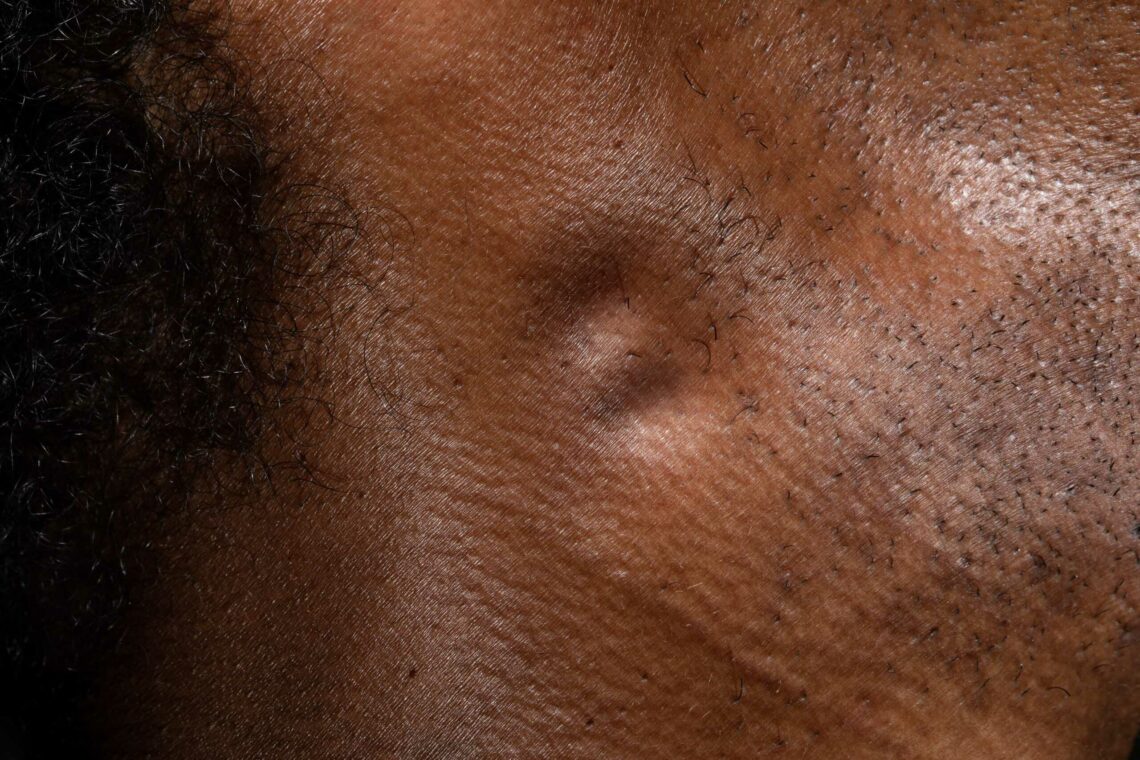Yes, allergies can cause swollen lymph nodes. Swollen lymph nodes are a common symptom of allergies.
Allergies occur when the immune system reacts to a substance, such as pollen or pet dander, and releases chemicals that cause inflammation. This inflammation can lead to swelling of the lymph nodes, which are small bean-shaped glands that help fight off infections.
When the immune system is triggered by an allergen, it may mistakenly identify it as a threat and activate the lymph nodes, causing them to enlarge. This swelling is usually temporary and will subside once the allergic reaction is controlled.
Understanding Swollen Lymph Nodes
Lymph nodes, small bean-shaped structures, play a crucial role in our immune system. (20 words) They filter lymph, a fluid containing waste products and bacteria, (20 words) trapping harmful substances and producing specialized cells to fight infections. (20 words) Swollen lymph nodes, also known as lymphadenopathy, can be caused by various factors.
(20 words) Common causes include infections, such as colds or throat infections, as well as certain autoimmune diseases. (20 words) Allergies can also lead to swollen lymph nodes due to the immune system’s response to allergens. (20 words) When allergies trigger an inflammatory reaction, lymph nodes can become enlarged as a result.
(20 words) Understanding the connection between allergies and swollen lymph nodes is crucial for proper diagnosis and treatment. (20 words) If you notice persistent or worsening swelling, it’s important to consult a medical professional for further evaluation. (20 words)
Allergies And Swollen Lymph Nodes: Myth Or Reality?
Allergies and swollen lymph nodes have long been a topic of debate. However, recent studies have shed light on the connection between the two. It is a reality rather than a myth. Allergies can cause the lymph nodes to become inflamed.
The immune system responds to allergens by producing antibodies, triggering a cascade of reactions that can lead to swollen lymph nodes. Research supports this link, showing that individuals with allergies often experience lymph node enlargement as a result of their immune response.
Debunking common misconceptions, these findings provide valuable insight into the relationship between allergies and swollen lymph nodes. Understanding this connection can aid in proper diagnosis and treatment for individuals suffering from allergies and related symptoms.
Managing Swollen Lymph Nodes Caused By Allergies
Swollen lymph nodes caused by allergies can be managed through lifestyle changes and over-the-counter remedies. Lifestyle changes such as avoiding triggers and maintaining a clean environment can help reduce allergies and inflammation. Over-the-counter remedies like antihistamines can provide relief for allergies and help alleviate swollen lymph nodes.
However, if lymph node swelling persists or is accompanied by other concerning symptoms, it is important to seek medical attention. A healthcare professional can evaluate the condition and determine if further treatment is necessary. Managing allergies and addressing swollen lymph nodes promptly can contribute to overall well-being and prevent potential complications.

Credit: arizonapremiersurgery.com
Conclusion
It is evident that allergies can indeed cause swollen lymph nodes. When our bodies encounter allergens, they trigger an immune response, leading to the production of antibodies and histamines. These substances, in turn, can cause inflammation and swelling of the lymph nodes situated in the affected areas.
Although swollen lymph nodes are a common symptom of allergies, it is important not to overlook other possible causes such as infections or underlying medical conditions. If you notice persistent or unusually large swollen lymph nodes, it is recommended to consult a healthcare professional for a proper diagnosis.
Understanding the relationship between allergies and swollen lymph nodes can help individuals manage their symptoms more effectively and seek appropriate treatment when needed. By taking proactive measures to avoid allergens and seeking medical advice, it is possible to alleviate the discomfort associated with swollen lymph nodes caused by allergies.







